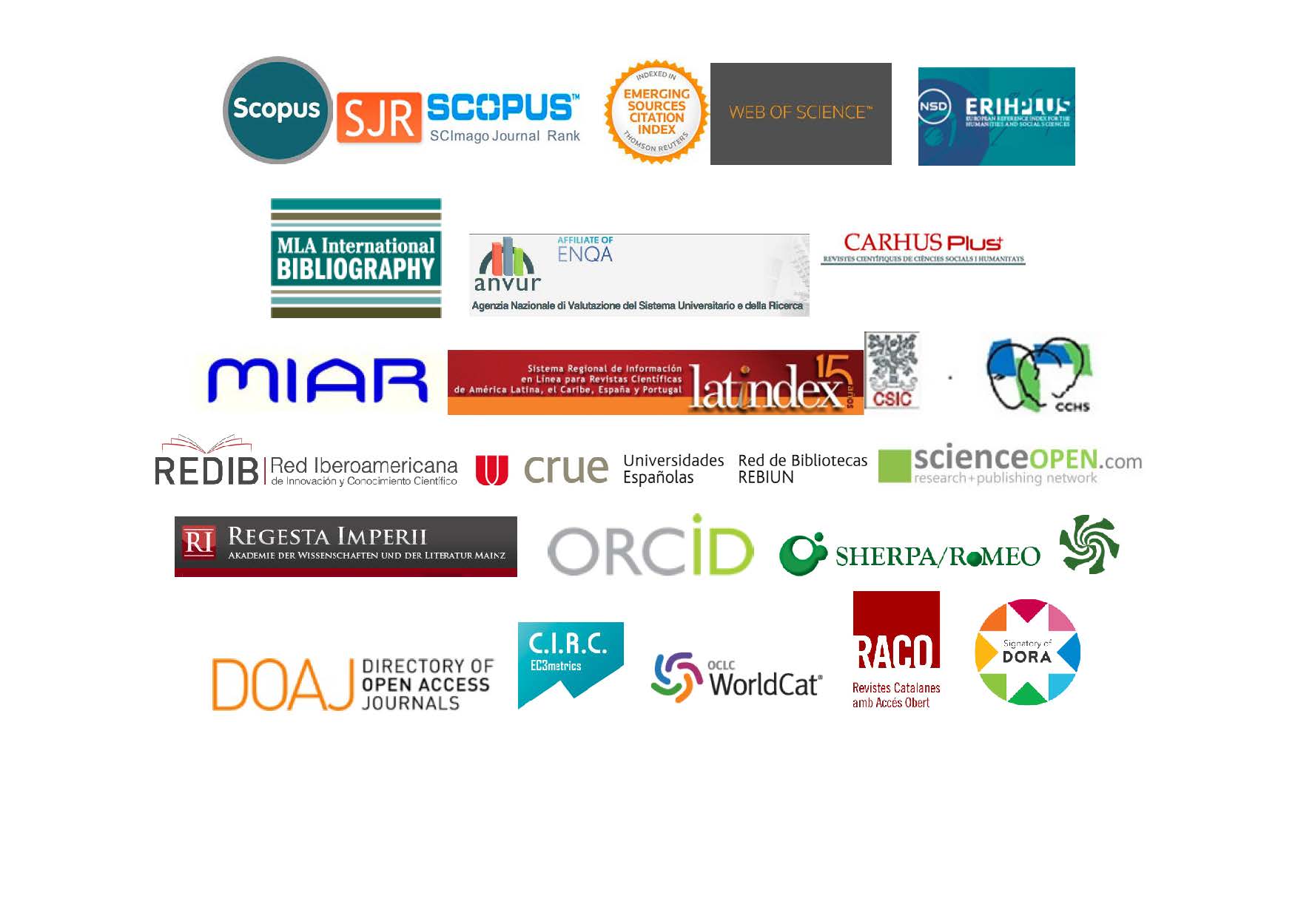Transcribing the "Estoria de Espanna" using crowdsourcing: Strategies and aspirations
Abstract
This paper examines the specific strategies for recruitment and retention of volunteer transcribers in use in two collaborative transcription projects: Transcribe Bentham (University College, London) and the Estoria de Espanna Digital Project (University of Birmingham). The aim of the paper is to review the strategies used by Transcribe Bentham, a more mature crowdsourced electronic transcription project, with a view to informing the strategies put into place in the Estoria project, which has started transcribing using crowdsourcing more recently. The paper discusses the difficulties faced by crowdsourced electronic transcription projects and how these have been and are being resolved in these two projects. The difficulties discussed include the complexity of the palaeography involved, the necessity of tagging transcriptions using XML, the requirement to moderate and carry out quality-control of volunteer-produced transcriptions, and the creation of an atmosphere of camaraderie amongst staff-members and crowdsourcers, many of whom have never, and will never meet face-to-face. The findings may be useful for other collaborative electronic transcription projects and will inform and shape the way the Estoria project continues to use strategies to raise levels of recruitment and retention of crowdsourced transcribers.
Keywords
Full Text:
PDFRefbacks
- There are currently no refbacks.

This work is licensed under a Creative Commons Attribution 4.0 International License.
_________________________________________________________________________
Indexed / included in:




